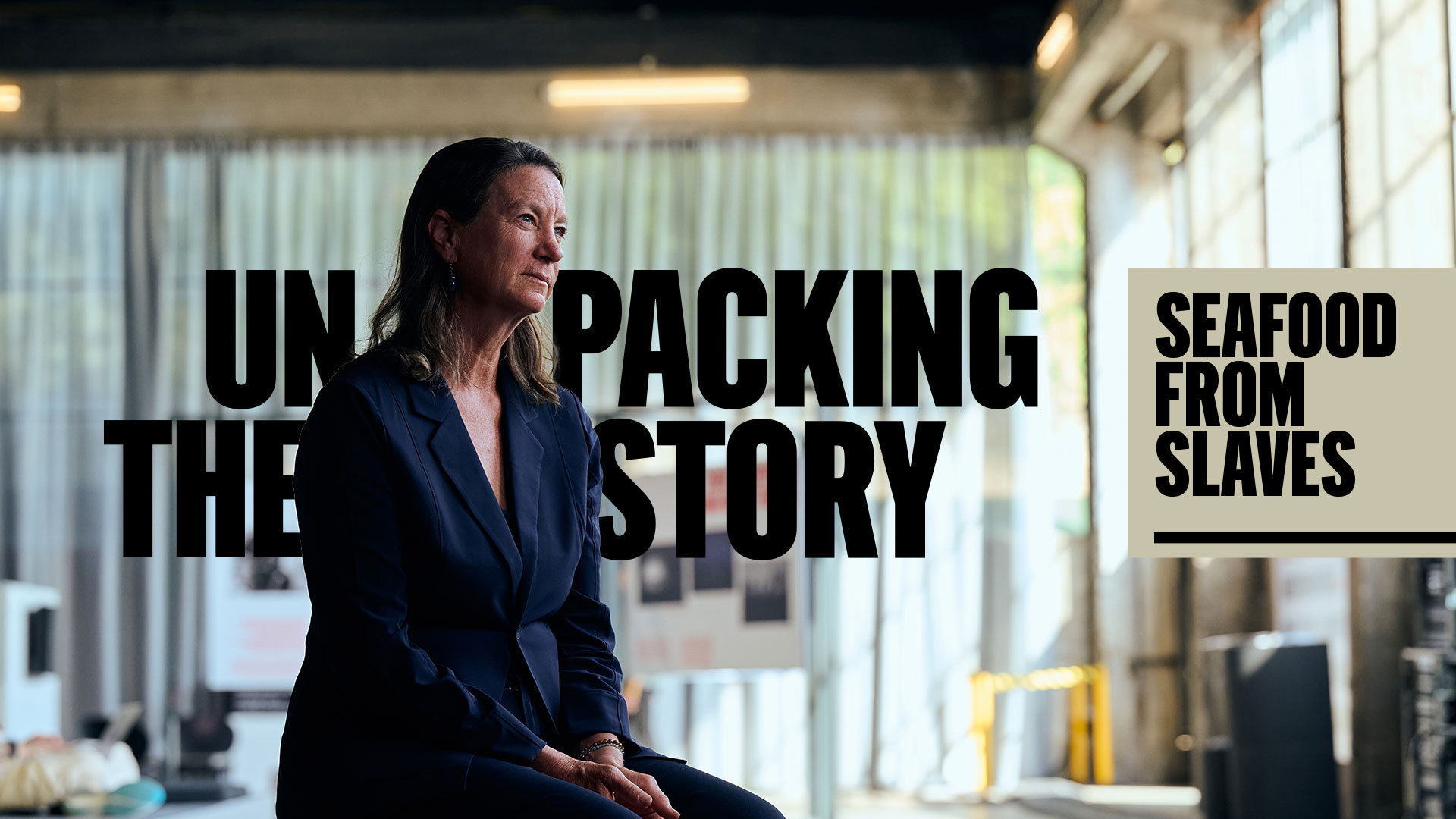Martha Mendoza speaks to iMEdD about the investigation that uncovered slavery in Southeast Asia’s fishing industry and how its impact still drives her reporting ten years on.
In Southeast Asia, men enslaved in the fishing industry were kept in cages and forced to work under brutal conditions. The investigation Seafood from Slaves by Associated Press journalists Martha Mendoza, Margie Mason, Esther Htusan, and Robin McDowell, that was awarded a Pulitzer Prize in 2016, uncovered how seafood caught by trafficked workers was making its way to dinner tables in the West.
Using satellite tracking, on-the-ground reporting, and hidden stakeouts of trucks across Indonesia and Thailand, the team followed the supply chain from boats to factories to major supermarkets in the United States. As Martha Mendoza explained during her presentation at this year’s iMEdD International Journalism Forum, their findings revealed systemic human rights abuses in global seafood production and led to industry and policy changes worldwide.
Speaking to iMEdD, Mendoza reflected on how the investigation reshaped her approach to journalism: every story now begins with one question —“What’s the supply chain?”—. This is a mindset that continues to drive accountability across industries a decade later.
See more videos on iMEdD’s channel on YouTube.
